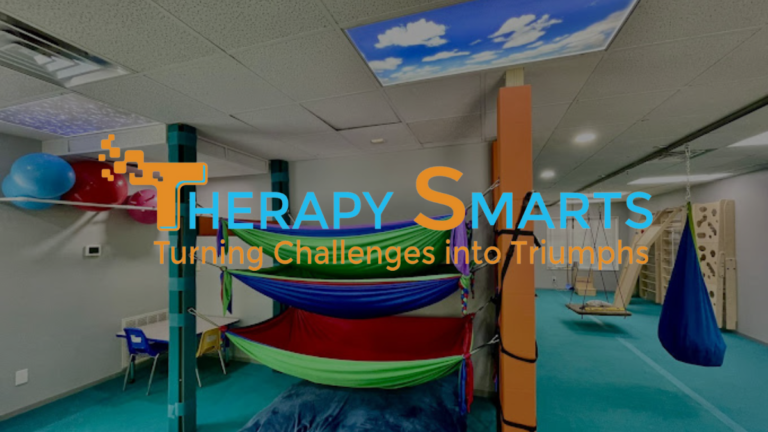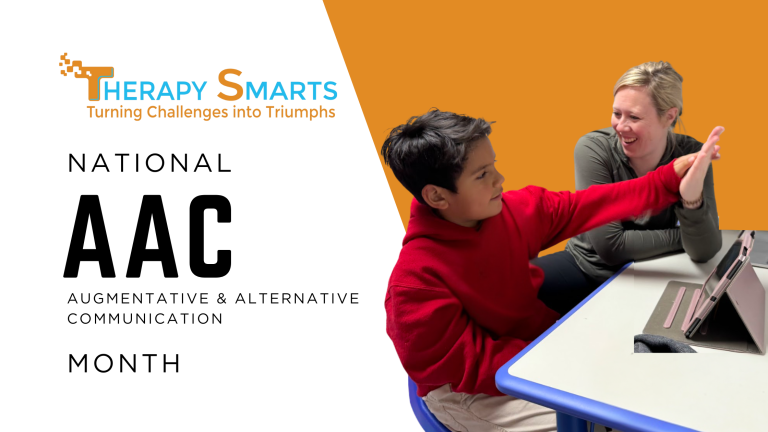For many parents, teaching a child how to hold a pencil, use scissors, or tie shoelaces can be a moment filled with pride and joy. But for others, these same activities may become a source of frustration, both for the child and the parent. Why? The answer often lies in the development of fine motor skills. These skills, while small in motion, are monumental in impact.
If you’re a parent in the Raleigh, Durham, or Chapel Hill areas and you’re concerned about your child’s fine motor development, this guide can support you in understanding the basics, identifying signs of difficulties, and taking steps toward improvement.
What Are Fine Motor Skills?
Fine motor skills refer to the precise movements of the hands, fingers, and sometimes toes that enable us to perform everyday tasks. Think about how you grip a pencil, fasten a button, or use a spoon to eat. Each of these actions involves coordination between muscles, nerves, and joints, all working together seamlessly (source: Cleveland Clinic).
Children develop these skills gradually as they grow, starting with early milestones like grasping toys and advancing to complex activities such as cutting shapes with scissors or tying their own shoes. These abilities are critical for self-care, school activities, and creative play.
Why Are Fine Motor Skills Important?
Fine motor skills enable a child to be independent with tasks like dressing, feeding themselves, and participating in classroom activities. Proficient skills in this area contribute to confidence and help set a strong academic foundation.
On the other hand, children who struggle with these skills can experience difficulties and, sometimes, more serious setbacks. They may find it hard to color within the lines, handle small objects, or write legibly. Such challenges can lead to low self-esteem, academic delays, and even behavioral issues.
Signs Your Child Might Be Struggling
Spotting fine motor difficulties early is critical for getting the right support. Here are some common signs to look out for:
- An awkward grip on pencils or crayons.
- Messy or unusually slow handwriting and drawing.
- Difficulty using scissors or fastening buttons and zippers.
- Frustration when performing tasks that involve hand-eye coordination, like stacking blocks or threading beads.
- Fatigue during fine motor activities like coloring or using a computer mouse.
Any of these signs could mean your child needs some extra support.
Challenges Affecting Fine Motor Development
Several factors can contribute to a child’s struggles with fine motor skills. Weak muscles in their hands, neurological delays, or developmental conditions such as autism spectrum disorder, cerebral palsy, or developmental coordination disorder may play a role (source: Cleveland Clinic). It’s important to understand that every child develops at their own pace, but persistent challenges should be evaluated by a professional.
How Therapy Can Help
The good news? With the right guidance and tools, most children can strengthen to develop fine motor skills and overcome these challenges. That’s where occupational therapy for children at Therapy Smarts can make all the difference for families in Raleigh, Durham, and Chapel Hill.
Occupational therapy focuses on helping children develop skills that allow them to participate fully in daily life. Through fun, interactive activities, therapists can help your child improve hand strength, coordination, and dexterity. Techniques may include:
- Engaging in sensory play to build tactile awareness, such as using playdough or exploring textured objects.
- Building hand strength through activities like squeezing stress balls or using tools like tweezers to pick up objects.
- Enhancing hand-eye coordination with games like catching a ball or lacing strings through holes.
- Practicing daily tasks in a structured, supportive environment, from buttoning shirts to writing neatly.
If you’re concerned about your child’s fine motor skills or daily independence, schedule an evaluation with our experienced pediatric occupational therapists. By addressing your child’s specific needs, therapy doesn’t just build motor skills—it helps develop their confidence, promotes independence, and ensures they’re ready to thrive in school and beyond.
Supporting your child’s development doesn’t stop at therapy sessions. There are many enjoyable activities you can try together at home to build and strengthen fine motor abilities. Here are some ideas to get started:
- Create Craft Projects. Cutting paper, gluing objects, and coloring all help improve control and precision.
- Get Creative with Playdough. Show your child how to roll and shape dough or hide small objects within that they can dig out.
- Play Games with Small Pieces. Board games that involve handling cards, dice, or tokens can offer a fun challenge.
- Encourage Independence. Allow your child to attempt dressing themselves, even if it takes a little longer—practice is part of learning!
Consistency and encouragement are key. Celebrate their effort as much as their success to build resilience and motivation.
Why Act Now?
If left untreated, fine motor difficulties can create larger challenges in a child’s academic and social life. Writing assignments may feel overwhelming, self-care routines may take longer, and peer comparisons may lead to frustration or self-doubt.




